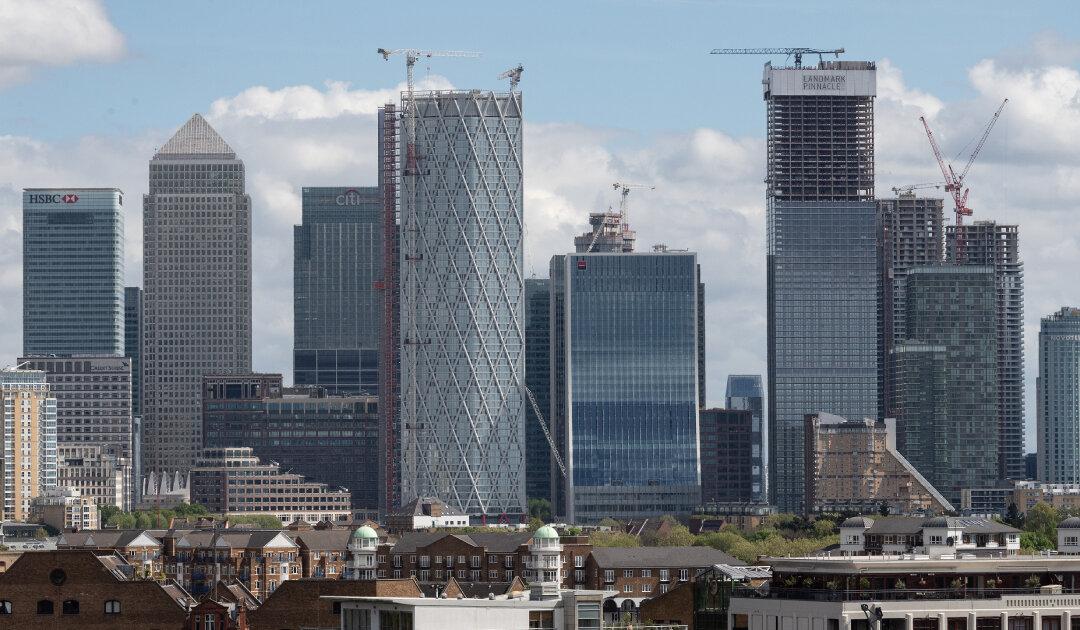LONDON—British companies are likely to cancel projects that they have put on hold because of Brexit uncertainty if the country leaves the European Union without a deal to smooth the shock, Bank of England Deputy Governor Ben Broadbent said on May 20.
Business investment fell throughout 2018 as companies waited for clarity on the terms of Brexit and grew only slightly early this year, a situation Broadbent described as “remarkable” given the economy was still growing and company profits were high.





